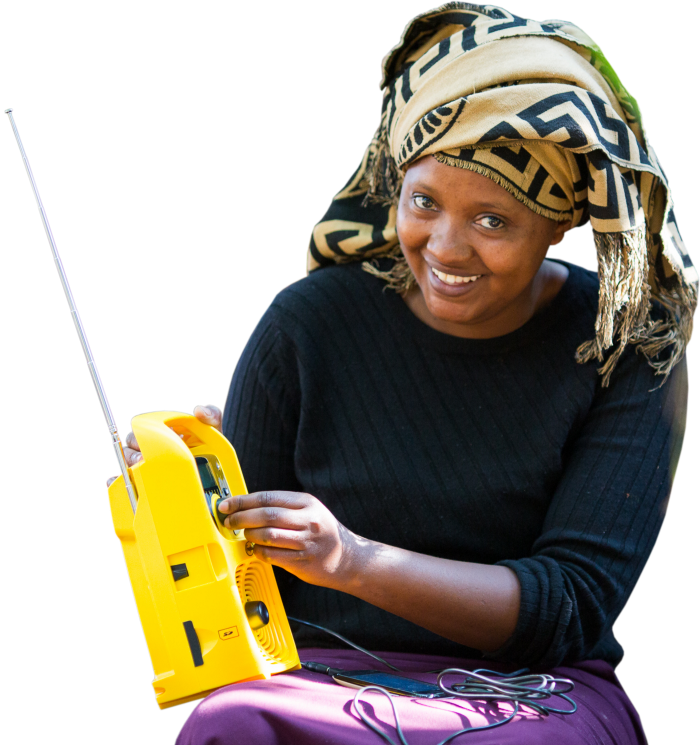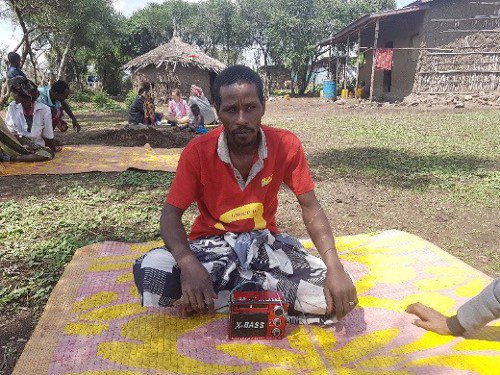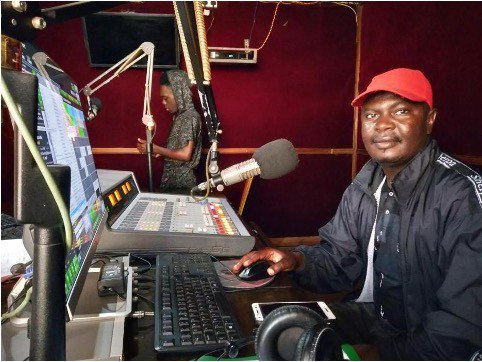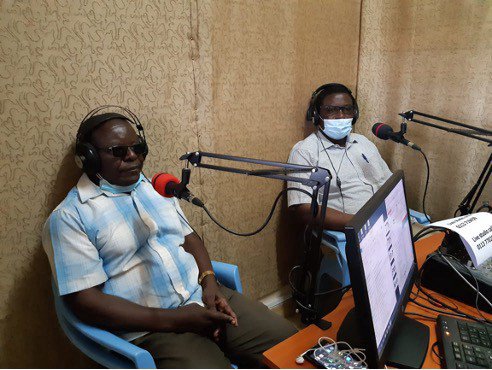Weather and Climate Information as a Public Good
by Collison Lore
Contributions from ICPAC Climate Change Technical Working Group
“The theme of this year’s World Press Freedom Day, “Information as a Public Good”, underlines the indisputable importance of verified and reliable information. It calls attention to the essential role of free and professional journalists in producing and disseminating this information, by tackling misinformation and other harmful content.”
The phrase public good may be defined as a commodity or service that is provided without profit to all members of a society, either by the government or by a private individual or organization.

Eastern Africa: The Challenges of Weather and Climate
Eastern Africa, covers eleven countries (Sudan, South Sudan, Eritrea, Djibouti, Ethiopia, Somalia, Kenya, Uganda, Rwanda, Burundi, and Tanzania). The region, boasts of a huge diversity of climatic conditions that steer a wide range of vegetation landscapes, biodiversity and human occupations; ranging from pastoralism to sedentary farming.
The region struggles with recurrent climate shocks including drought, floods, pests, diseases, and food insecurity. It is worth noting that human, animal, as well as plant health is also sensitive to climate extremes. Climate variability and extremes have always been a risk to regional agricultural production, and the supply of water and energy. Furthermore, the Eastern Africa region, is extremely reliant on natural resources, particularly on rain fed agriculture. Most energy sources within the region are highly climate dependent.
Radio in Eastern Africa
In the Eastern Africa region, Ethiopia, Kenya and Uganda boast of more than 350 radio stations. These radios are predominantly either vernacular or community radio stations. Their audiences are principally homogenous; bound by ethnic, regional, or group interests. With this type of coverage, vernacular and community radio have become essential tools for dissemination of information on promoting weather and climate communication, in addition to using radio for promoting social and behaviour change within communities, in the context of weather and climate information for decision making.

A farmer in Ethiopia listening to his radio

A community radio station in Uganda
Radio is still the most reliable medium of communication in many parts of Eastern Africa. Lack of infrastructure such as electricity and poor internet connection, especially in rural parts of the region, makes this longstanding technology a very reliable tool for communicating weather and climate information.
Working with Radio Stations
ACREI Project has over the last two years developed close working relationship with the media generally, and radio specifically in Ethiopia, Kenya and Uganda. Most of these partner media house and radio stations, have developed weather and climate programming that has simplified weather and climate reporting for both intermediary and end-users of weather and climate information.

A community radio station in Uganda
Today in Kenya’s Taita Taveta County, where ACREI project is being implemented, the radio stations have significantly increased coverage of weather and climate information in various localities. Furthermore, there is improved packaging of weather and climate information. Use of local languages in defining weather and climate terminologies, making it easier for the local communities to understand the various bulletins. This is also slowly gaining traction in Uganda in both Sembabule and Isingiro Districts where the project is being implemented.
The IGAD Climate Prediction and Applications Centre (ICPAC), the Food and Agriculture Organization (FAO), Kenya Meteorological Department (KMD) and the World Meteorological Organization (WMO) working under the Agricultural Climate Resilience Enhancement Initiative (ACREI) project, with funding from the Adaptation Fund, seek to address the challenges posed to climate information communication and feedback mechanisms. The goal of this initiative is to develop and implement adaptation strategies and measures that will strengthen the resilience of vulnerable smallholder farmers, agro-pastoralists and pastoralists in the Ethiopia, Kenya and Uganda to climate variability and change.
Challenge of Weather and Climate Information as a Public Good
Community broadcasting of weather and climate information is unique because the ownership and control of stations is in the hands of community being served and as such the community speaks for itself. Community radios usually broadcast in local languages of the communities that they serve but not limited to the ethnic community language.
However, these radio stations face key challenges that are financial. These challenges impact on the ability of reporters to physically visit communities to discuss weather and climate issues affecting them. This means that even where these radio stations are willing to support the provision of weather and climate information as a public good, they are adversely impacted by financial constraints. Consequently, the financial challenges faced by most of these radios means they rely on interns and volunteers with often a skeletal staff on payroll. The implication of this being capacity building of staff by external experts is often a fleeting exercise. There are numerous challenges that they face however it essential to seek viable solutions.
Possible Solutions
There are a number of possible solutions, to make weather and climate information a ‘public good on radio’. These include development of partnerships between civil society organizations and community radio stations. These partnerships may not provide direct cash infusions into the radio but may offer in kind support such as transport to meet various communities and other structured in-kind support that keep the radio afloat. Projects that have weather and climate information components may work out 50 / 50 arrangements on improving capacity and supporting programming. This should not be packaged as a payment for programming since it will create the notion of cash first before weather and climate reporting which is not sustainable.
Most significantly it would be essential to support communities that demand weather and climate information so as to create a groundswell of support for weather and climate information on community radio in Eastern Africa.
